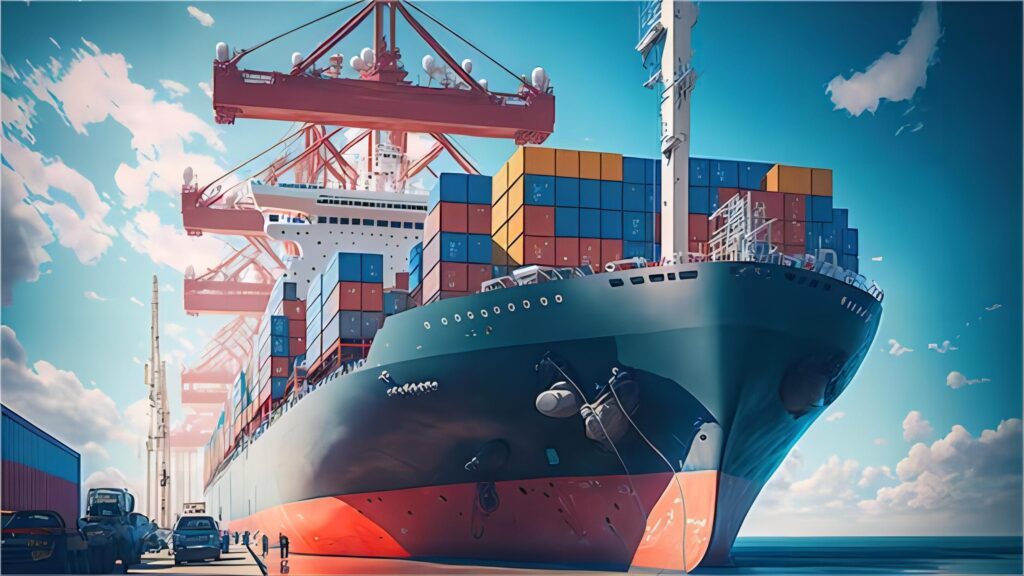When exporting halal products to Thailand, it’s essential to comply with both Thai and international halal certification requirements. Thailand’s halal product laws are governed by strict guidelines to ensure that products meet the religious and safety standards expected by Muslim consumers. Here’s a step-by-step guide to help you navigate these regulations effectively.
1. Understand Thailand’s Halal Certification Requirements
Thailand has a growing Muslim population, and products that are marketed as halal must meet specific requirements. To comply with Thailand’s halal product laws, you’ll need to:
- Obtain halal certification: Products must be certified by an accredited halal certification body in Thailand, such as the The Central Islamic Council of Thailand (CICOT).
- Ensure ingredient compliance: Ingredients must be free from pork and alcohol, and any other substances considered non-halal.
- Labeling and documentation: Halal-certified products must display the halal certification mark on packaging. Make sure to have the necessary documents proving that your products meet the halal standards.
2. Work with a Logistics Firm Offering Thailand Service
A logistics firm experienced with halal product exports can guide you through the entire process, ensuring that your shipment complies with both the logistics and halal requirements. Choose a logistics partner who understands the nuances of shipping halal goods, including:
- Proper packaging to avoid contamination
- Temperature control (if required for perishable goods)
- Timely delivery to maintain product integrity
3. Consider Air Cargo for Faster Delivery
For products that need to reach Thailand quickly, consider using air cargo. Air freight is especially useful for time-sensitive halal products like food. When choosing a shipping method, look for the best air cargo rate to Thailand. Air cargo tends to be more expensive than sea freight but ensures faster delivery, reducing the risk of spoilage for sensitive goods.
4. Ensure Compliance with Thai Customs Regulations
In addition to halal certification, your goods must comply with Thai customs regulations. This includes providing the correct HS codes, import documentation, and possibly health certificates for food-related products. It’s crucial to work with a customs broker who understands the requirements for halal products.
5. Stay Updated on Halal Laws
Halal product laws in Thailand may change over time, so it’s important to stay updated on the latest regulations. Consider subscribing to Thailand’s halal certification body updates or consulting with your logistics firm to remain compliant with any changes.

PAA (People Also Ask)
- What are the requirements for halal certification in Thailand?
To export halal products to Thailand, you need certification from an accredited Thai halal body, such as CICOT. Ingredients must meet halal standards, and the product packaging should display the halal certification mark. - How do I ship halal products to Thailand?
Work with a logistics firm experienced in handling halal products. Ensure that your shipment complies with both halal and shipping regulations, including proper packaging and temperature control for perishable goods. - What is the best shipping method for halal products to Thailand?
The best method depends on the urgency of delivery. Air cargo is the fastest and often preferred for time-sensitive halal products, while sea freight is more economical but slower. - Do I need special permits for halal food exports to Thailand?
Yes, you’ll need to obtain halal certification for the product and ensure all the required documentation is in place for customs clearance and importation into Thailand. - How can I ensure my halal products remain uncontaminated during shipping?
Use sealed packaging that ensures your halal products remain uncontaminated by non-halal substances. Work with a logistics firm experienced in handling halal shipments and ensuring proper storage and transport conditions.
